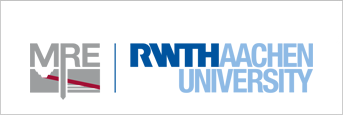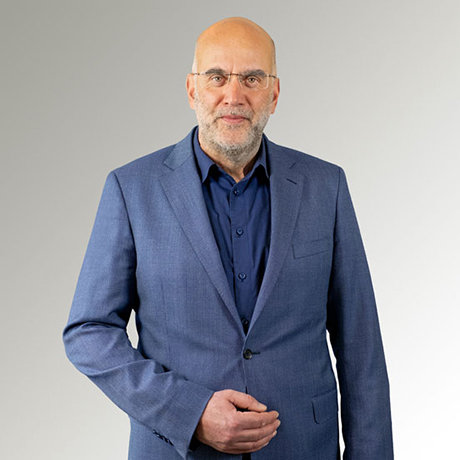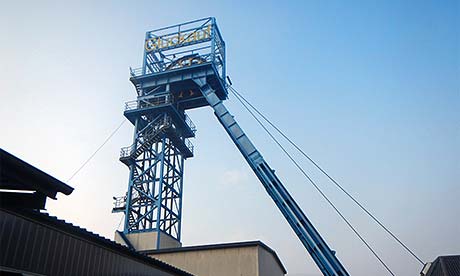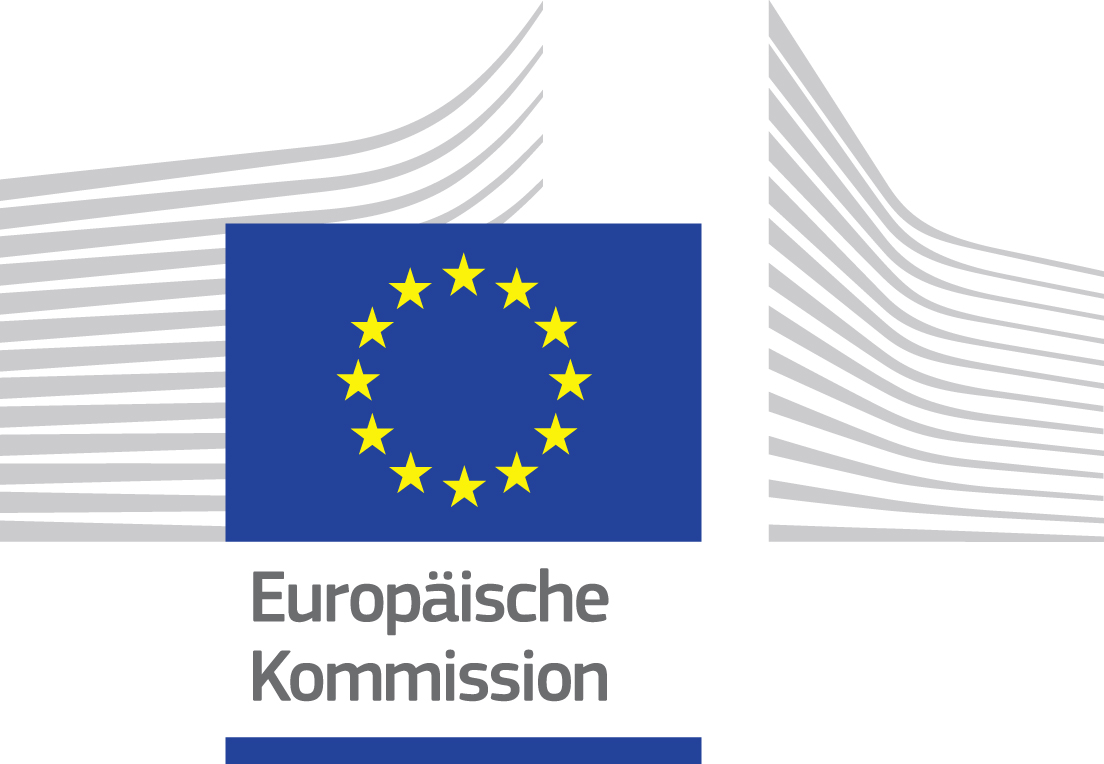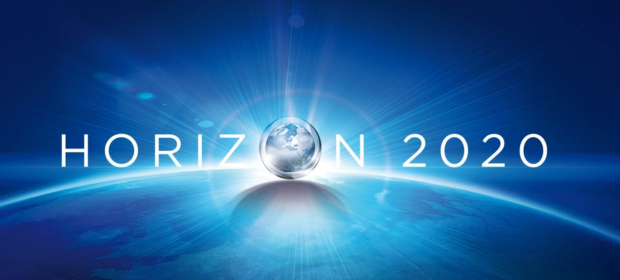IMP@CT
Integrated Modular Plant and Containerized Tools for Selective, Low-impact Mining of Small High-grade Deposits
Opportunity and Motivation
The raw material market is facing an over-production crisis in which many companies continue producing even at very low prices. Especially the mining sector with high investments counters this with increasing production rates and take action to reduce the Opex what results in an overproduction. Small mining companies are forced to leave the market due to their limiting financial resources. By decreasing grades and thus increasing mass movement, this effect gets more significant in the future.
In contrast to the big mining nations, „World Class Deposits“ in Europe are already mined in the past and not present anymore. Whereas small and complex deposits come more and more to the fore for the European mining industry. Aim of the IMP@CT project is to develop a switch-on switch-off paradigm, which enables the feasibility of small mining operations on complex ore deposits for sustainable and demand-driven extraction. In particular, mobile and modular mining and processing system will be developed for:
- Reducing the investment threshold for new mining operators and counteract against a geographical production concentration
- Preventing possible overproduction
- Supporting the establishment of small mining projects
- Reacting to fluctuations in the raw material market
- Making sustainable raw material production possible.
The IMP@CT project is anchored in the Horizon 2020 programme. The term amounts four years in which universities, research facilities, mine enterprises and companies from the ancillary industry closely work together in solutions for the future, lasting raw material production. The project budget lies in the area of 7 million € and is promoted by the EU.
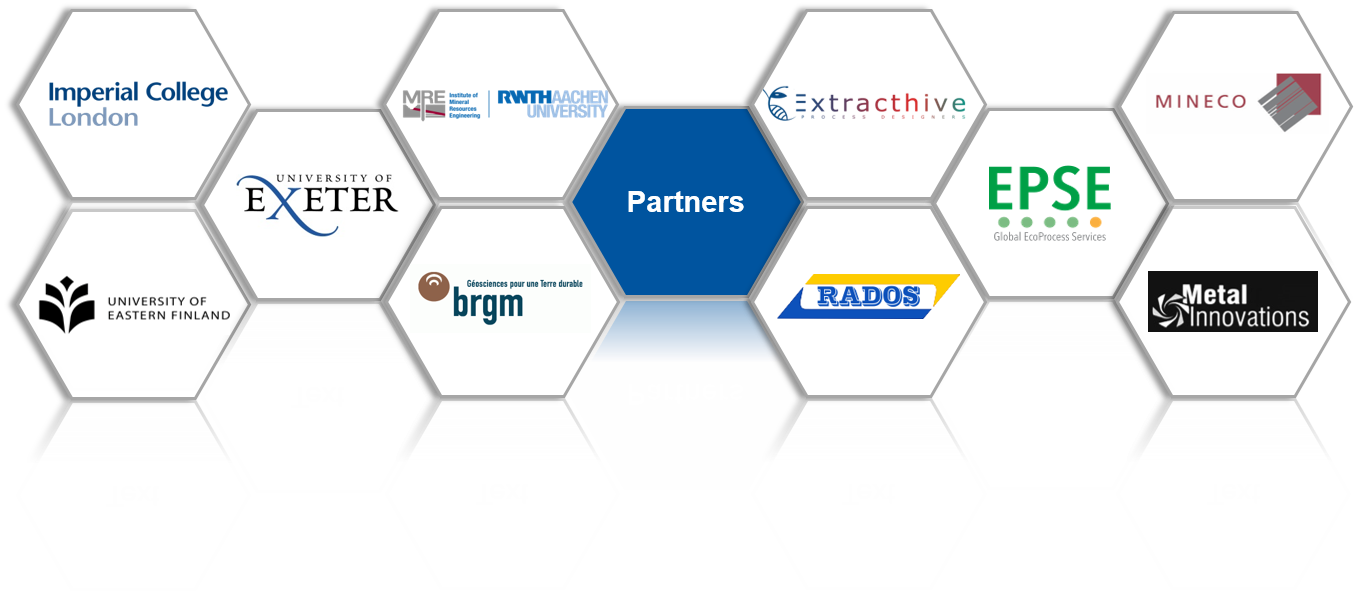
Workpackages in the IMP@CT-Project
IMP@CT is divided into nine work packages (WP)t:
WP1: Project Coordination and Management
WP2: Feedstock and Materials Characterisation
WP3: Metallurgy
WP4: Modular Mobile Plant (MMP)
WP5: Environmental and Social Sustainability
WP6: Project Integration for Business Modelling
WP7: Linkage to other H2020 projects
WP8: Dissemination
WP9: Ethics Requirements
The MRE is involved in WP2, WP4 and WP6.
WP2: Feedstocks and materials characterisation
The WP2 includes the geological and geochemical analysis of the feedstocks. Beside the RWTH Aachen University, there are six other participants from Great Britain, Finland and France involved.
In task 2.4, Marjan Knobloch (MRE) focuses on the prediction and quality of acid mine drainage. In addition to the chemical analysis and composition of these waters, a reliable, meaningful, inexpensive and fast measurement method to predict acid mine drainage should be developed. Based on this method and the consequently measured values, the environmental impact of the deposit should already be assessed in the field.
WP4: Modular Mobile Plant (MMP)
In WP4, the focus is on the development of new and specific mining concepts for mineral raw materials from small, complex metallic deposits. The developed system includes the entire mining process of extraction of the raw materials from special, mechanical engineering equipment to the required logistics concept in the mine and the downstream processing up to the energy supply of the entire system.
Marius Braun performs a potential analysis at the MRE as part of this work package and subsequently develops and validates a renewable energy concept in the sense of sustainability. Various energy supply systems are developed and adapted to the specific conditions and requirements on site.
WP6: Project integration for business modelling
The previously mentioned system consists of several mining and processing modular, semi-mobile units which can be compiled flexible for every single project. WP6 aims to integrate the individual aggregates into an overall system. The research group focus on the optimisation of mining processes as well as the development of a business model. Finally, the order will be simulated with real data from a case study in Olovo, Bosnien.
Lars Barnewold (MRE) is involved in the development of simulation models based on the developed deposit model from WP2 for optimising the mining system. Even though mining method, as well as mine planning, are investigated for an integration of the primary system.


